iPad Air vs. iPad Mini 2: Which is best?
In our iPad Air vs iPad Mini 2 review, we compare specs, battery life and pricing...
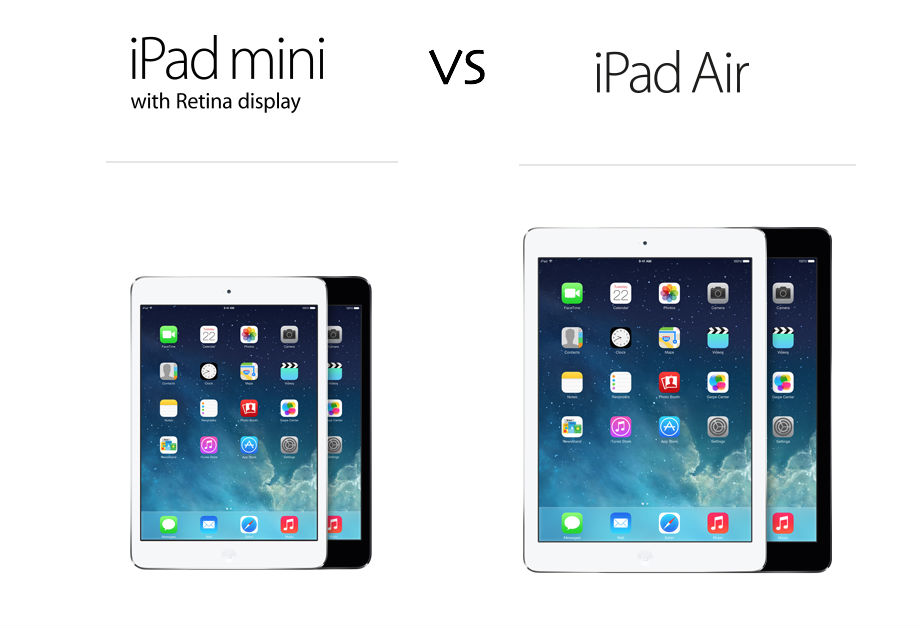

Hardware, connectivity & reparability
The fifth-generation iPad and second-generation iPad Mini are neck-and-neck in terms of hardware. Both use a dual-core A7 1.3 GHz chip, which supports 64-bit apps and is paired with 1GB of RAM.
The entry-level models start with 16GB of internal storage and both offer up to 128GB of internal storage.
The iPad Air and iPad Mini 2 also have the same connectivity options. Both ship with minimal ports, with a Lightning connector on the bottom of the device, to transfer media and charge the device and a headphone jack at the top. There's no way of expanding the physical storage, however, so you'll have to choose carefully when you're buying.
The iPad Air and iPad Mini with Retina share the same 5-megapixel iSight rear cameras, with a front-facing 1.2-megapixel snapper for FaceTime calling.

Wireless connectivity is also identical, with Wi-Fi 802.11 a/b/g/n, Bluetooth 4 and 4G support included. Both iPads have the same sensors too a three-axis gyro, accelerometer and ambient light sensor.
iPads are notoriously difficult when it comes to user repair. Both the iPad Air and iPad Mini 2 received an abysmal reparability score of 2/10 from teardown site iFixit. That means that if you ever need to replace a damaged screen or ailing battery, then it's best to get it done professionally or risk damaging vital components and connectors.
Winner Tie
Get the ITPro daily newsletter
Sign up today and you will receive a free copy of our Future Focus 2025 report - the leading guidance on AI, cybersecurity and other IT challenges as per 700+ senior executives

Keumars Afifi-Sabet is a writer and editor that specialises in public sector, cyber security, and cloud computing. He first joined ITPro as a staff writer in April 2018 and eventually became its Features Editor. Although a regular contributor to other tech sites in the past, these days you will find Keumars on LiveScience, where he runs its Technology section.
-
 Asus ZenScreen Fold OLED MQ17QH review
Asus ZenScreen Fold OLED MQ17QH reviewReviews A stunning foldable 17.3in OLED display – but it's too expensive to be anything more than a thrilling tech demo
By Sasha Muller
-
 How the UK MoJ achieved secure networks for prisons and offices with Palo Alto Networks
How the UK MoJ achieved secure networks for prisons and offices with Palo Alto NetworksCase study Adopting zero trust is a necessity when your own users are trying to launch cyber attacks
By Rory Bathgate
-
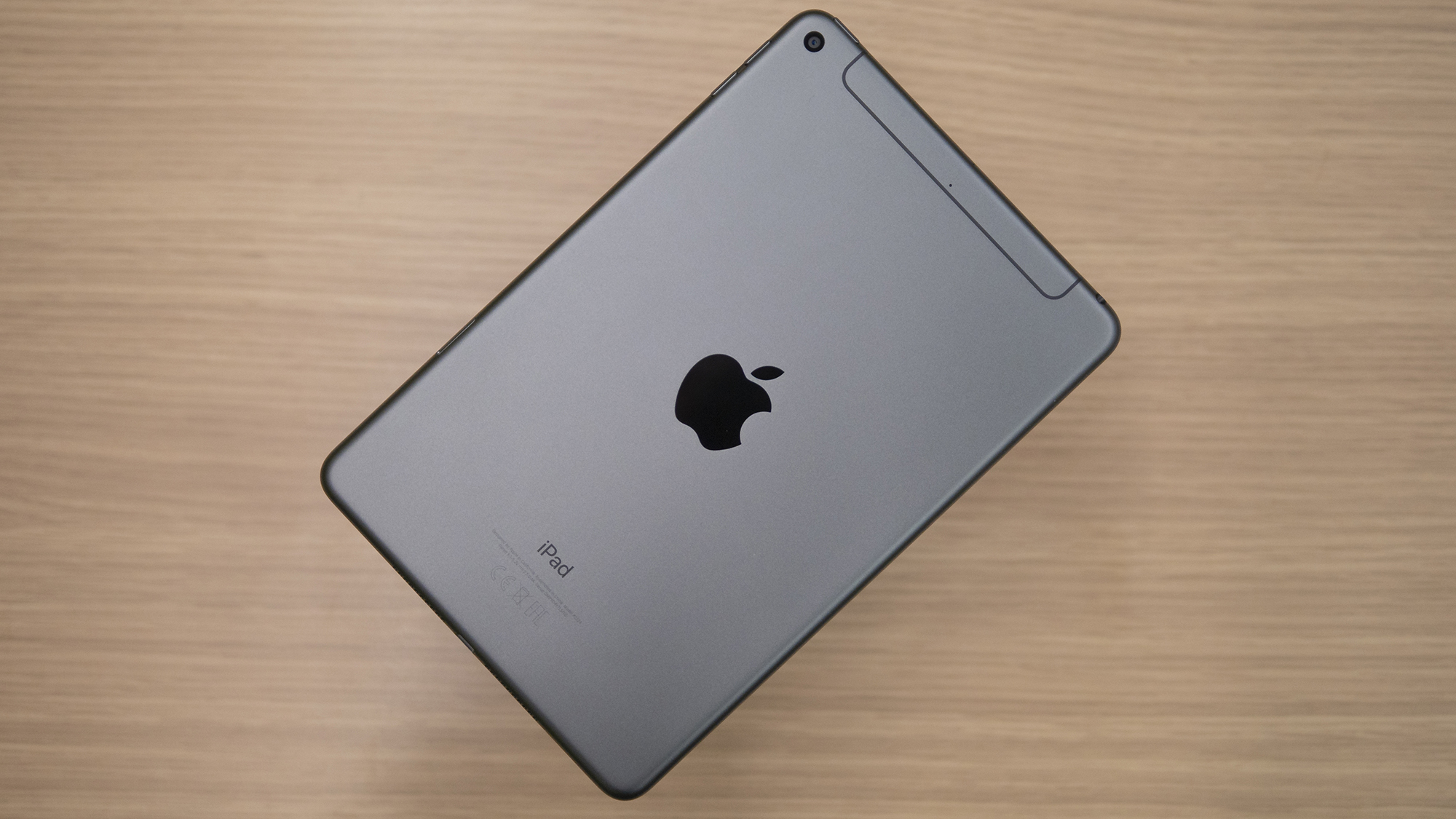
 Apple iPad mini 5 (2019) review: If it ain’t broke...
Apple iPad mini 5 (2019) review: If it ain’t broke...Reviews Almost four years on, the new iPad mini is still every bit as good as always
By Adam Shepherd
-
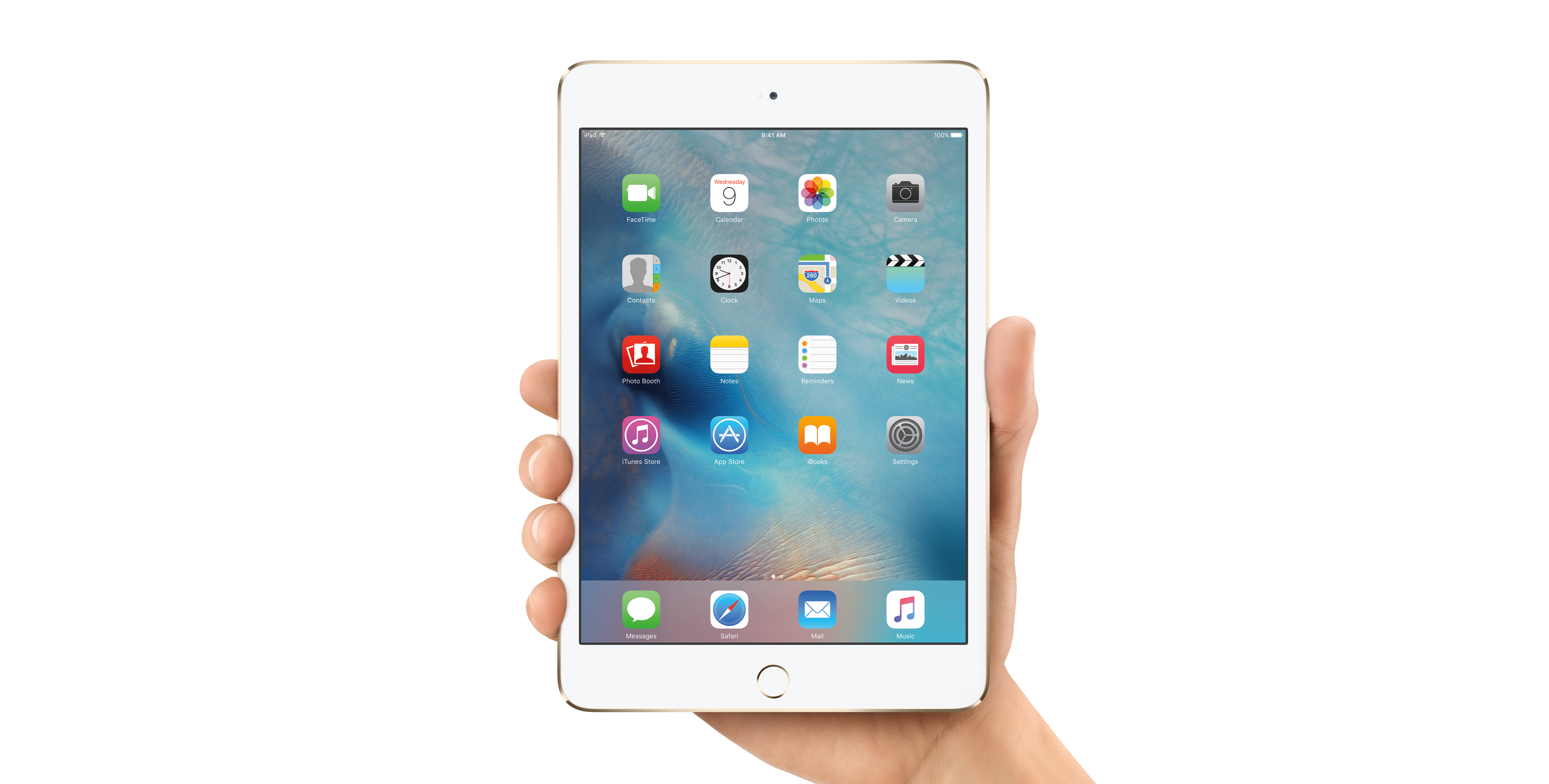 Apple iPad Mini 4 vs iPad Mini 3 head-to-head
Apple iPad Mini 4 vs iPad Mini 3 head-to-headVs Apple's smallest tablet finally gets a proper update
By Dale Walker
-
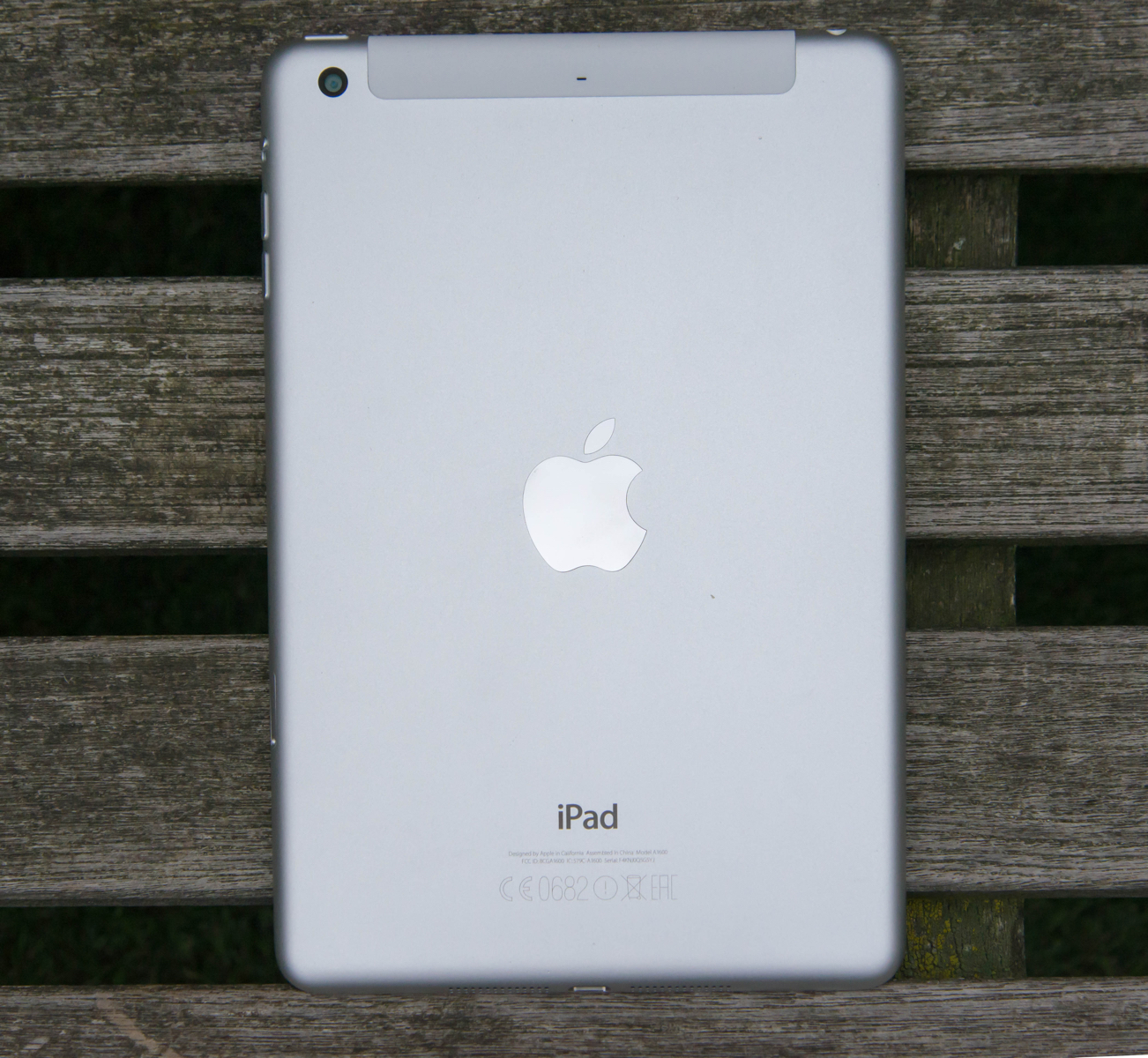 Apple iPad Mini 3 review
Apple iPad Mini 3 reviewReviews A sleek, light and fast 8in tablet with a heavy sense of deja vu
By Alan Lu
-
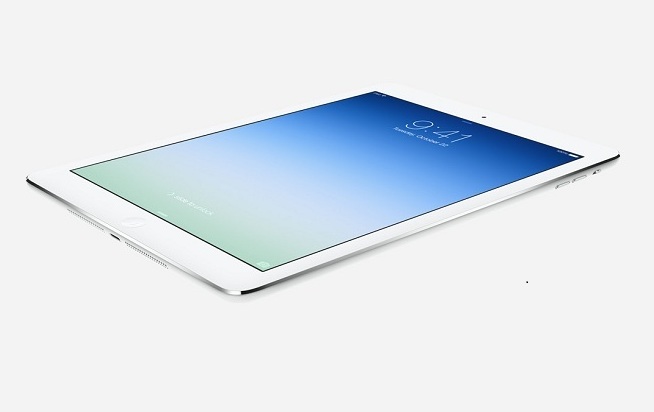 iPad Air 2 tipped to receive 2GB RAM boost
iPad Air 2 tipped to receive 2GB RAM boostNews Apple will be adding to the RAM of its next-generation 9.7-inch iPad, increasing it to 2GB in line with various Android devices
By Caroline Preece
-
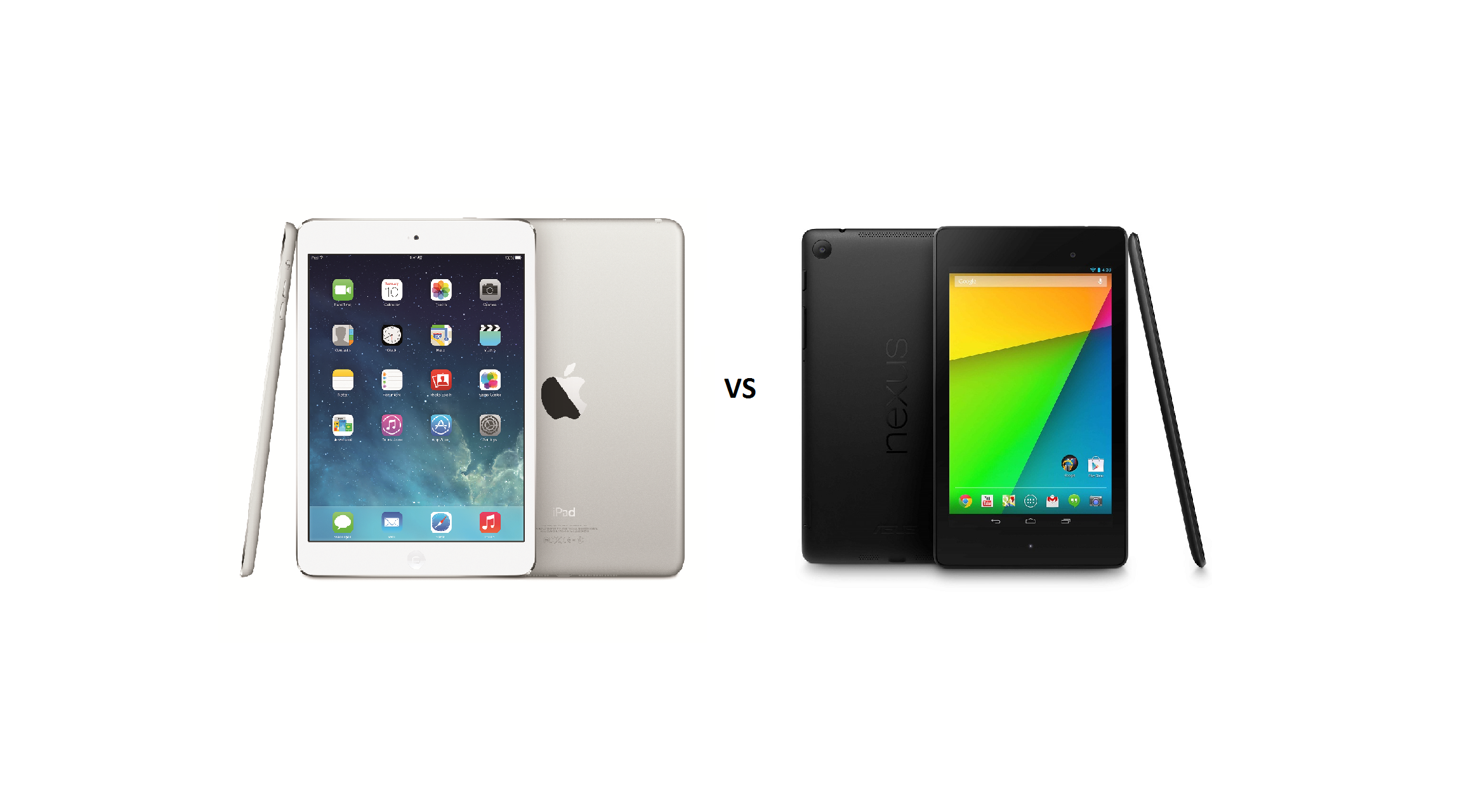 iPad mini 2 vs Nexus 7 (2013): Specs & price comparison
iPad mini 2 vs Nexus 7 (2013): Specs & price comparisonVs Does the Retina Display on the Mini 2 outshine the 7in Nexus?
By Khidr Suleman
-
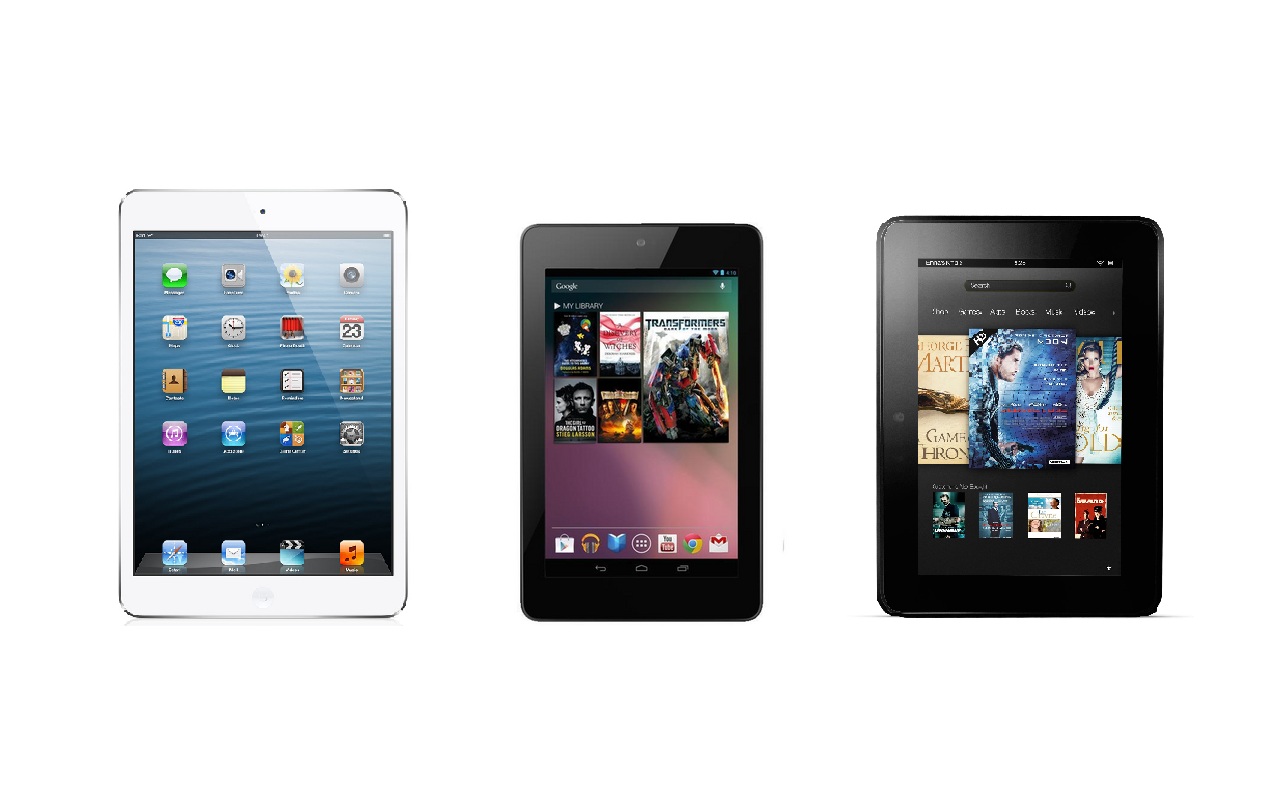 Apple iPad mini vs Google Nexus 7 vs Amazon Kindle Fire HD: Specifications infographic
Apple iPad mini vs Google Nexus 7 vs Amazon Kindle Fire HD: Specifications infographicNews Infographic pitting the key specs of the hotly anticipated tablets against each other.
By Khidr Suleman
-
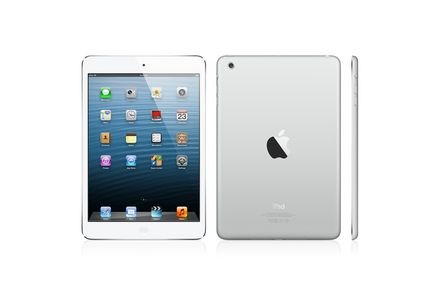 The iPad that's everything except a phone
The iPad that's everything except a phoneIn-depth Inside the Enterprise: Apple's iPad mini could be ideal for business, if it could make calls.
By Stephen Pritchard
-
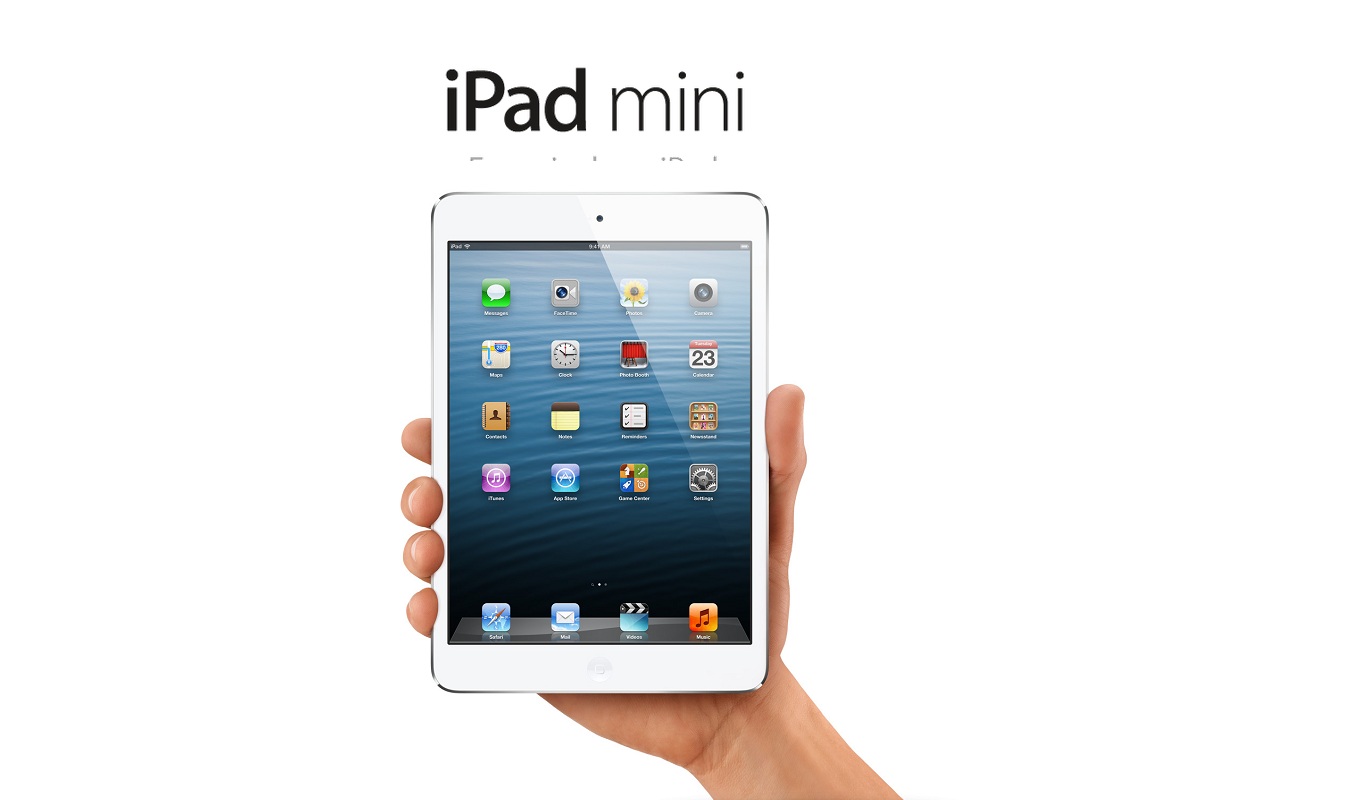 Google gets a wake up call from Apple VP
Google gets a wake up call from Apple VPIn-depth Has Apple panicked by prematurely pushing out the iPad 4?
By Khidr Suleman